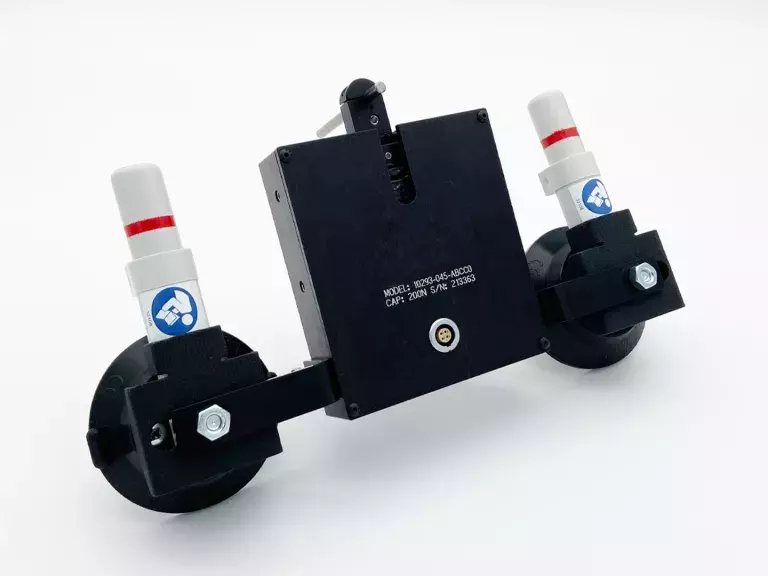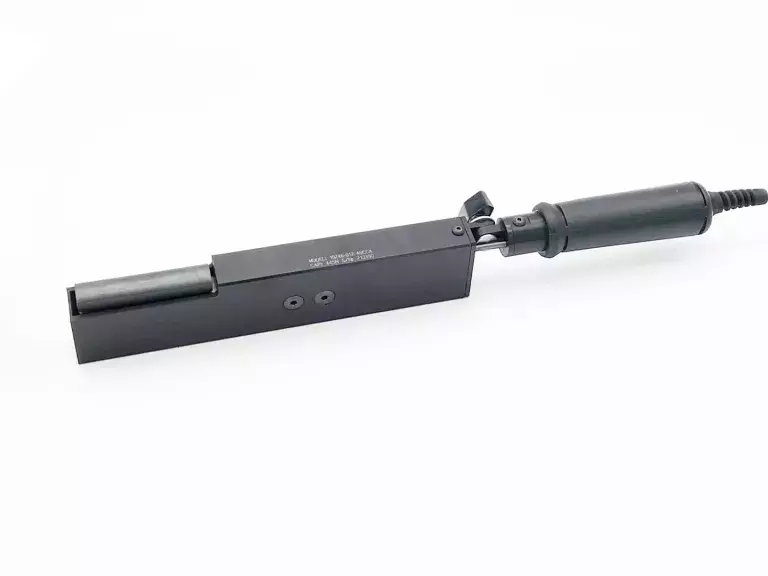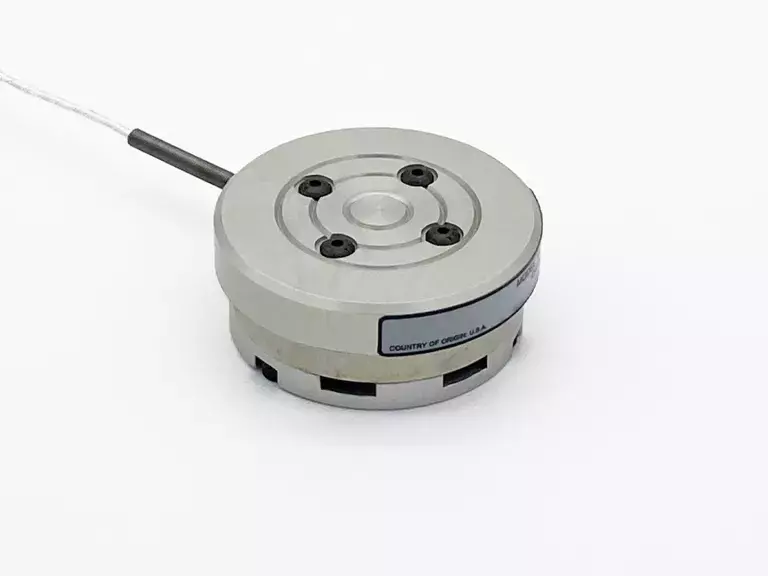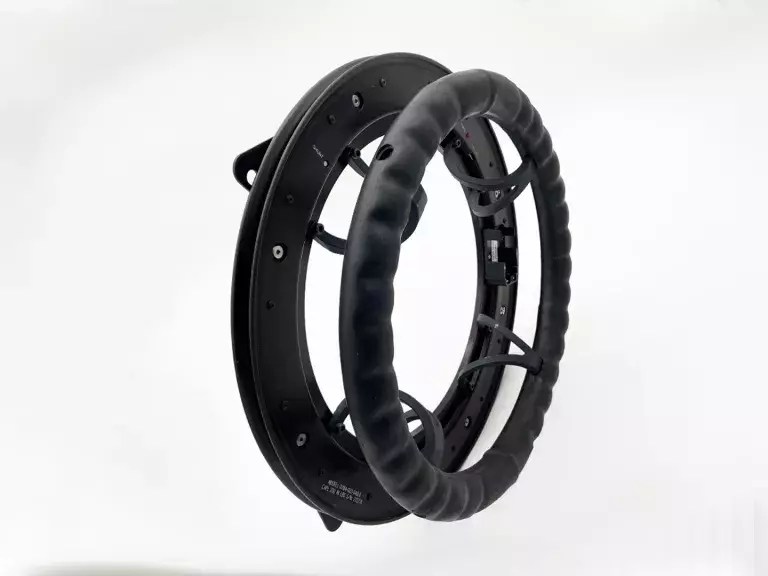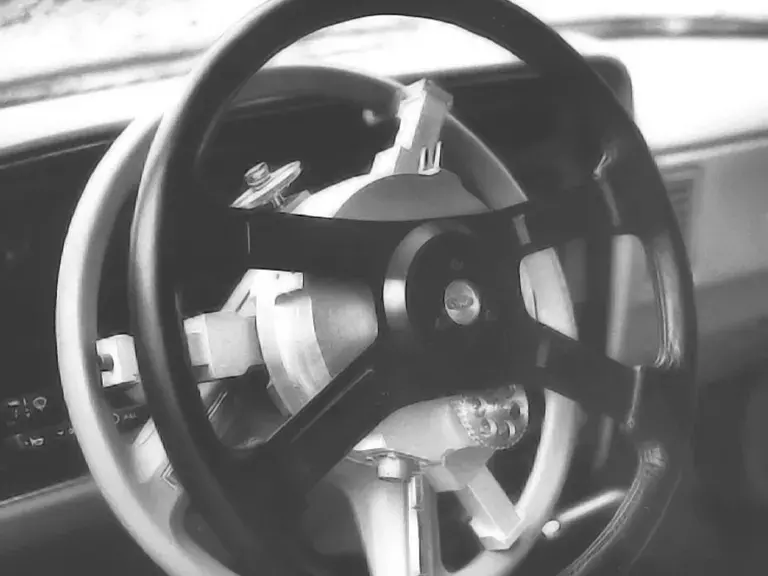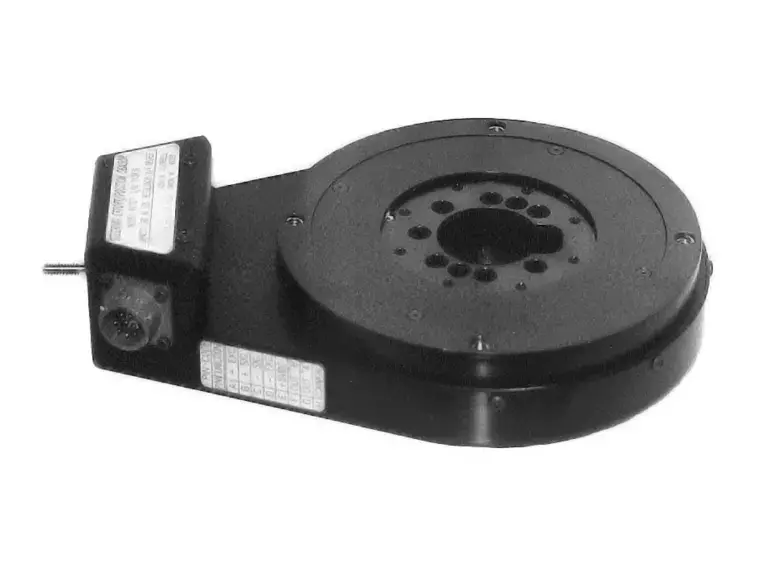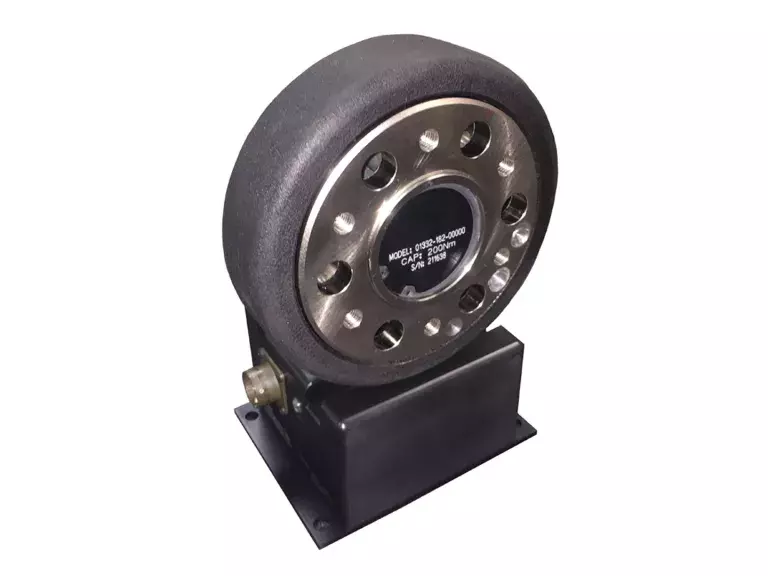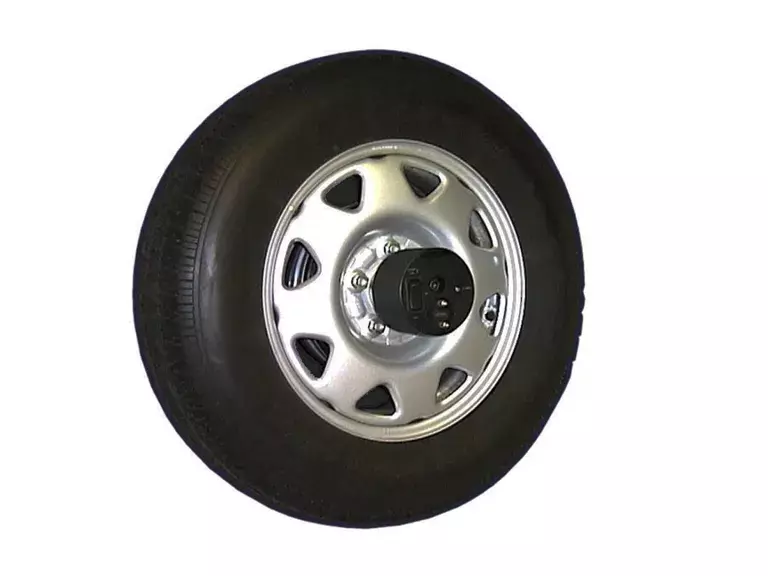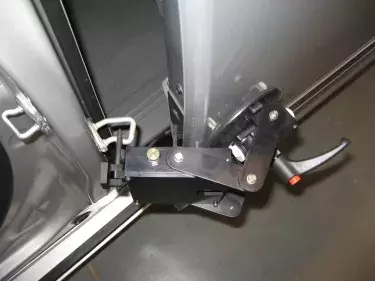SENSORS FOR AUTOMOTIVE APPLICATIONS
HITEC has a proud, 50-year legacy of supplying strain gauge-based sensors to a diverse customer base within the automotive and transportation industries. Our expertise includes specialized sensors for application-specific testing, general-purpose force and torque sensors for structural and performance testing, sensors used for monitoring and control of assembly processes, strain gauge bonding services for stress and strain measurements (including high-temperature sensors), and OEM sensors.
HOW ARE SENSORS USED IN AUTOMOTIVE?
Window Pinch Force Sensing
Pinch force sensors are integral to modern automotive safety systems, particularly in power windows, where they serve to prevent injuries by detecting obstacles and initiating automatic window reversal or cessation. These sensors contribute to compliance with safety standards, offering a customizable and sensitive anti-pinch mechanism that safeguards occupants, particularly children, from accidental pinch hazards. Integrated into centralized control systems, pinch force sensors enhance the user experience by ensuring smooth and controlled window operation while maintaining durability and reliability in diverse environmental conditions, thereby promoting safer and more user-friendly vehicles.
Steering Effort Sensor
Steering effort sensors are utilized in the automotive industry to measure the force applied to the steering wheel by the driver, providing crucial data for various applications. These sensors play a key role in power steering systems, aiding in the development of advanced driver assistance systems (ADAS), enhancing vehicle safety, and improving overall driving experience. Steering effort sensors detect the torque or force applied to the steering column, allowing for the implementation of features such as variable power assistance, speed-sensitive steering, and lane-keeping assistance. This data is also valuable for electric power steering systems, enabling adjustments to the level of assistance provided based on driving conditions. Additionally, steering effort sensors contribute to vehicle diagnostics, helping monitor the health of the steering system and ensuring optimal performance.
Torque Sensors
Torque sensors are indispensable in the automotive industry, serving multiple critical functions. They measure the twisting force applied to various components, influencing engine performance by optimizing fuel injection and ignition timing. In electric power steering systems, torque sensors gauge the driver's steering input, adjusting power assistance for precise and responsive steering. Additionally, torque sensors contribute to brake-by-wire systems, traction control, and stability systems, ensuring controlled braking and enhanced vehicle stability. They play a crucial role in drive-by-wire systems, chassis optimization, and the testing of automotive components, contributing to overall vehicle efficiency, safety, and performance. Whether in engine control units, transmissions, or electric power steering, torque sensors are key components that enhance the functionality of diverse automotive systems.
